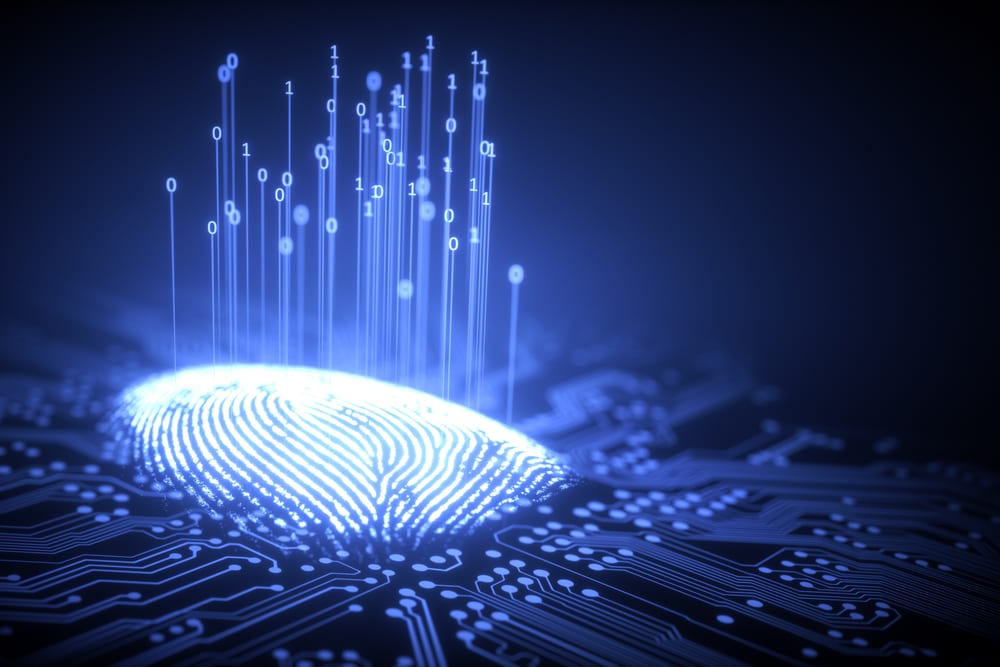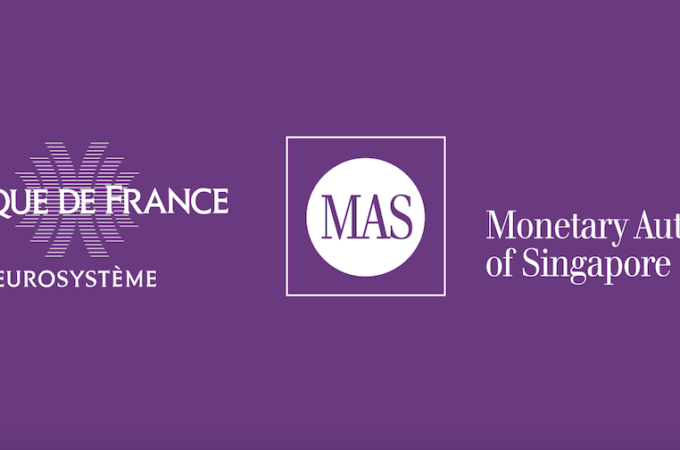
Digital Identity In The Time Of COVID-19
via PYMNTS
Biometrics have vastly improved fraud detection and prevention. For a post-coronavirus world the technology holds immense promise for certifying identities securely — and at a distance.
For the identity verification sphere, innovations in biometric sensing are the next level of cyberthreat defense, as hundreds of millions of new accounts are opened in the U.S. and around the world now and throughout 2020, and COVID-19 relief money is disbursed.
In the April 2020 PYMNTS Digital Identity Tracker® done in collaboration with Jumio, we go deep into a world of exciting new developments around this remarkable technology.
“A range of new biometric innovations are emerging around the world to help businesses and healthcare institutions tackle the effects of the COVID-19 pandemic,” the report states. “A facial recognition software is being used in China to diagnose potentially infected patients on smart healthcare buses. Efforts to tackle the pandemic are also being made in countries such as Japan, where technology providers have improved on their capabilities to use facial recognition technology on consumers that are wearing face masks.”
Biometrics and Contactless
Contactless payments were making good strides before the pandemic, with notably hard to explain exceptions like the low usage of mobile wallets. Now, it looks as if prudent germaphobia on a global scale will push contactless into a higher orbit as people avoid touching things like POS terminals.
“The COVID-19 pandemic has showcased the value of IT and digital transformation, and organizations should use this time to accelerate the transition. Organizations that have web-enabled businesses are in a much better position to weather this pandemic, both in the short and long term,” Jumio Chief Product officer Philipp Pointner told PYMNTS.
“Digital transformation covers a lot of territory, but starting with identity verification makes practical sense as it enables modern companies to streamline the customer onboarding journey,” Pointner said. “Similarly, for solution providers in the identity verification space, it has forced us to automate even more and leverage AI [artificial intelligence] to replace human-based processes. For years, there has been a lot of lip service paid to digital transformation, but COVID-19 is now forcing most enterprises to rethink [their] digital account opening and identity verification processes and accelerate these initiatives in order to survive.”
ID Advances and Ethical Questions
Acknowledging the need for biometrics and AI-powered identity solutions has also triggered ethical discussions about how the technology can be abused by criminals, and even lawmakers.
“These surveillance technologies are opening a hornet’s nest of privacy and security concerns for citizens,” the report states. “The greatest concern is whether the U.S. government will follow in the footsteps of many Asian nations in relaxing protections of citizen’s data to track individuals suffering from COVID-19 and identify those with whom they have been in contact.”
Fingerprint scanning is undergoing its own difficulties thanks to COVID-19 as more people report being afraid of touching buttons now — even the one on their personal smartphone. Virtually no one seems to think that fingerprint biometrics will be a coronavirus casualty, however, count on the heavy investment to go towards contactless payments, biometric authentication, and a brave new world where it’s harder to fake an identity — or contract a deadly contagion.





